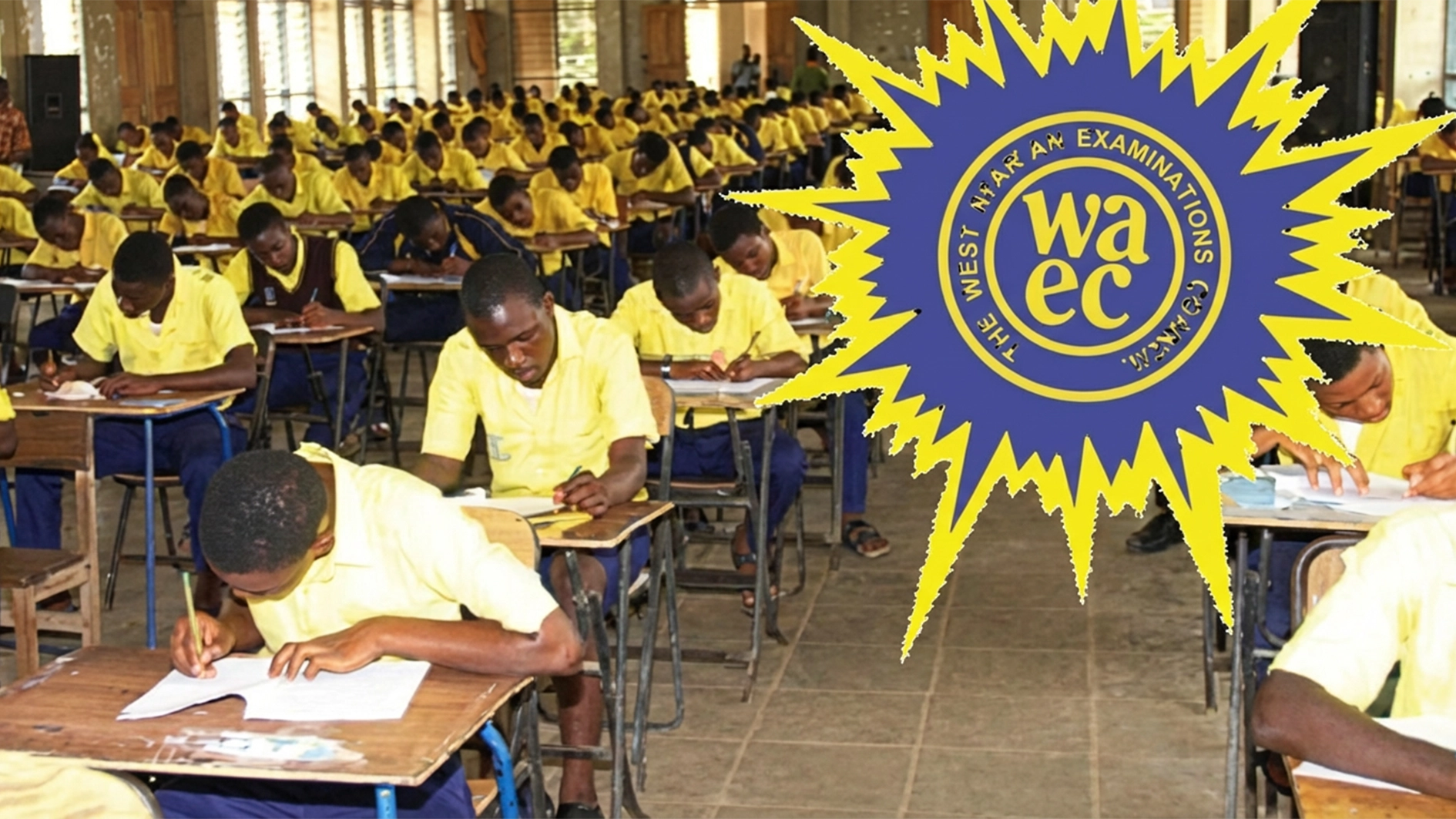In another bold move to reform the educational system nationwide, the Federal Government has insisted that secondary school teachers must obtain the proper certification; otherwise, their schools won’t be allowed to serve as examination centres.
In a policy directive issued, yesterday, and addressed to the Registrar/Chief Executive Officer of the Teachers Registration Council of Nigeria (TRCN), Minister of Education, Dr Tunji Alausa, disclosed that “the Federal Ministry of Education has directed that to strengthen professionalism in the teaching profession, the accreditation of both public and private secondary schools for the conduct of public examinations, such as WASSCE, NABTEB, NECO, & NBIAS, shall henceforth be contingent on the TRCN certification of teachers engaged in such schools.”
The directive further stated: “Accordingly, effective from March 2027 for WASSCE, May 2027 for NABTEB, June 2027 for NECO & June 2027 for SAISSCE, any school whose teachers are not duly registered and licensed with the TRCN shall be disqualified from serving as an examination centre.”
Alausa also indicated in the memo, that “state governments are therefore requested to take due cognisance of the directive and put in place necessary measures to ensure that all teachers in state-owned secondary schools and private secondary schools obtain the requisite TRCN certification within the stipulated two years from the date of this policy directive.”
The memo also indicated that “compliance with this directive shall be monitored, with schools expected to achieve a minimum compliance rate of 75 per cent by 2026 and full compliance of 100 per cent by 2027.”
It, however, stated that to afford the ease of compliance, “teachers who are non-education graduates but possess not less than 12 months of classroom teaching experience are encouraged to enrol in the abridged professional certification programme offered through the National Teachers Institute (NTI).”
The policy directive concluded that the matter should be given “the highest priority and ensure wide sensitisation of stakeholders across the country.”






